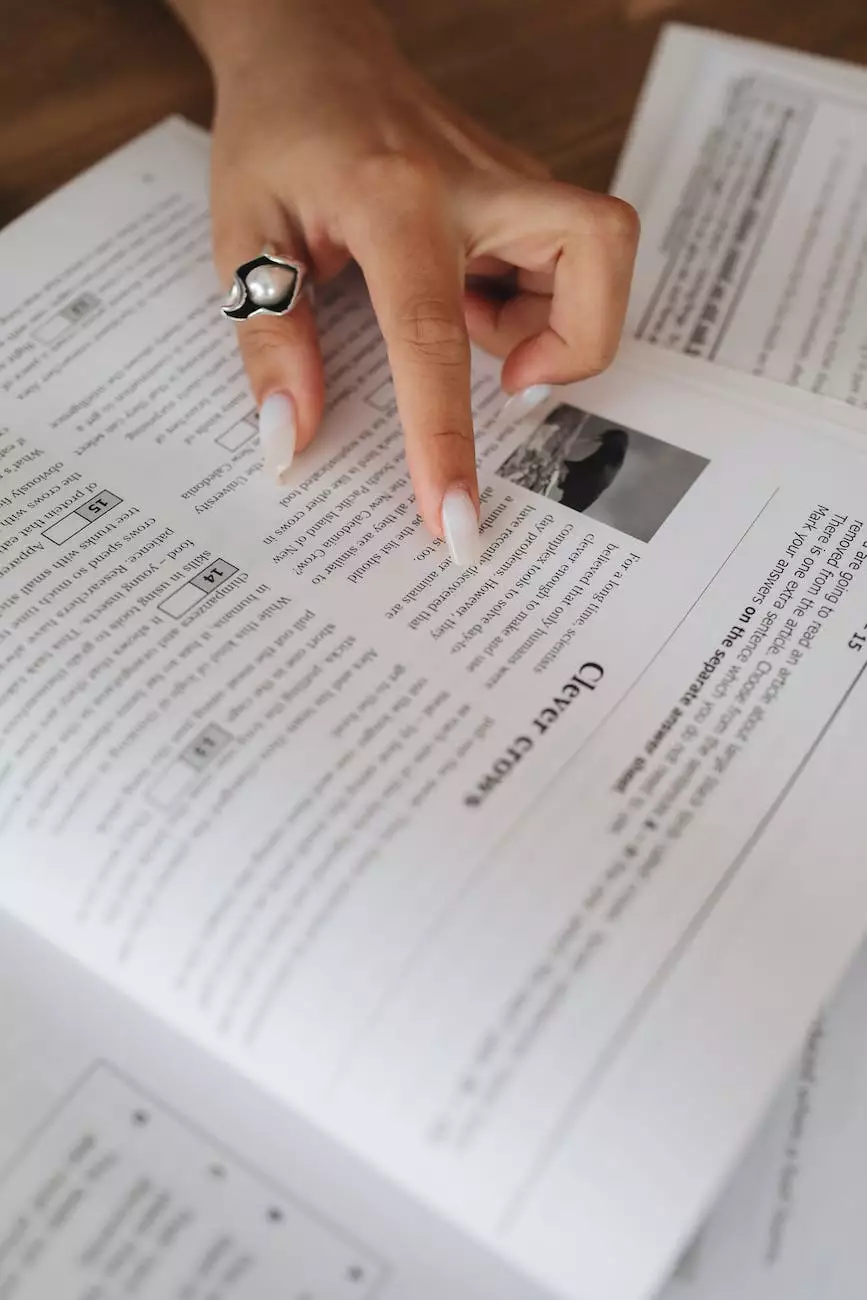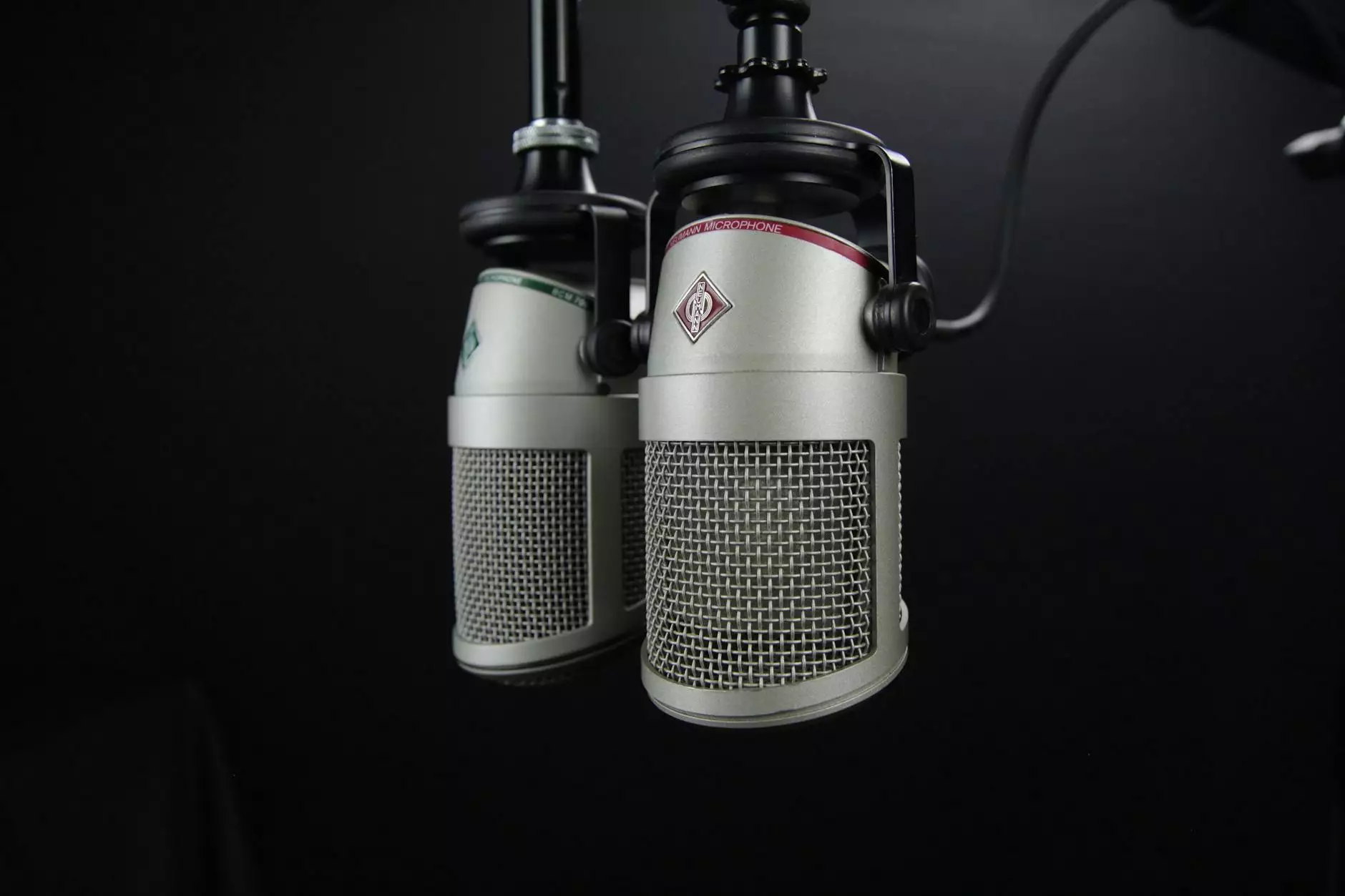Learn English Vocabulary – Expect vs. Hope
English Vocabulary Lessons
Introduction
Welcome to NJCLT's free English lesson on the confusing vocabulary of 'expect' and 'hope'. If you've ever found yourself unsure about the differences between these two words and how to use them correctly, you're in the right place. In this comprehensive lesson, we will break down the meanings, contexts, and nuances of both words, empowering you to communicate effectively in English.
Understanding 'Expect' and 'Hope'
Before we dive into the finer details, let's establish a basic understanding of 'expect' and 'hope'. While they may seem similar, they have distinct differences in meaning and usage.
'Expect' generally refers to a confident anticipation of something happening or someone fulfilling a promise or obligation. It often carries a sense of certainty or entitlement, suggesting that the expected outcome is highly likely or even inevitable.
'Hope', on the other hand, denotes a desire or wish for something to happen, but with less certainty or control over the outcome. It is often used when expressing optimism or longing for a positive result.
Using 'Expect' in Context
When using 'expect', it is important to consider the context and ensure it aligns with the confident anticipation of a specific outcome. Let's explore a few scenarios where 'expect' is commonly used:
1. Expectations in Relationships
In personal relationships, 'expect' can be used to express a reasonable anticipation of certain behaviors, actions, or attitudes from others. It helps to set clear boundaries and communicate expectations effectively, fostering understanding and harmony.
2. Job and Professional Settings
'Expect' often comes into play when discussing professional commitments, responsibilities, or deliverables. By clearly outlining expectations, employers and employees can ensure clarity and avoid misunderstandings.
3. Predicting Events and Outcomes
When discussing future events or predicting outcomes, 'expect' can convey a strong belief or confidence in the likelihood of a particular scenario or result. However, it is crucial to remember that expectations should always be grounded in reasonable assumptions.
Exploring the Usage of 'Hope'
Unlike 'expect', 'hope' is generally associated with a sense of desire, optimism, or longing for a particular outcome. Let's take a closer look at how 'hope' is commonly used in different contexts:
1. Expressing Wishes and Desires
'Hope' is often used to express wishes, desires, or aspirations. Whether it's hoping for a promotion, a successful outcome, or a positive change, this word embodies a sense of positivity and anticipation.
2. Maintaining Optimism and Positivity
In challenging situations, 'hope' helps us stay optimistic and resilient. It offers a ray of light and reminds us to believe in better outcomes, even when facing uncertainty.
3. Offering Support and Encouragement
When consoling someone or providing emotional support, 'hope' can be a powerful word. It conveys empathy, understanding, and a shared belief in the possibility of better days ahead.
Practical Examples and Tips
To further clarify the differences between 'expect' and 'hope', here are some practical examples and tips:
1. Using 'Expect' Correctly
For example, you might say, "I expect the project to be completed by Friday based on the team's progress." This shows a confident anticipation based on relevant information.
2. Appropriate Usage of 'Hope'
Here's an example: "I hope the weather is nice for our outdoor event tomorrow. It would make the experience even more enjoyable." This expresses a desire but acknowledges the lack of control over the outcome.
Conclusion
By now, you should have a thorough understanding of the differences between 'expect' and 'hope'. Remember, mastering these nuances will significantly enhance your English communication skills and help you convey your thoughts precisely.
At NJCLT, we are committed to providing valuable resources and lessons that empower learners to confidently navigate the English language. We hope you found this lesson informative and insightful!
So, why wait? Start incorporating 'expect' and 'hope' into your vocabulary with confidence and precision. Stay tuned for more enriching English language lessons from NJCLT!




